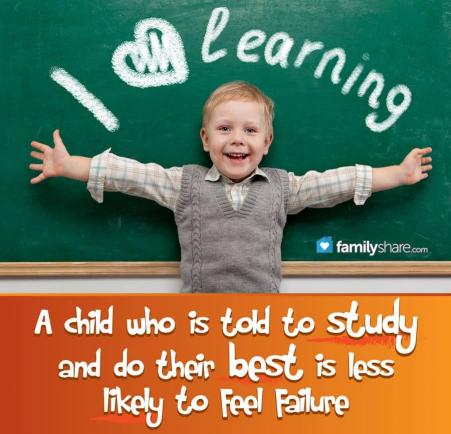
Choosing a friend is a personal experience. We all like a variety of different people for just as many reasons. The same is true with your child. The friends your child chooses may not be who you would choose for them. But, butting in will only make matters worse. Whether you agree with the choice of friend, the duration of the friendship, or even the type of friendship that develops, here are three important tips to remember regarding your children and their friends.
Don't hover
While you may have concerns about your child's friend, hovering does not promote cooperative play and could in fact hinder it. If you are constantly there, you will inevitably find yourself interfering with how the children are playing together. You may not think your child is being friendly enough or that the other child is playing nicely. You may find yourself constantly encouraging them to play a certain game or with a certain toy. Most of these small situations are worked out quickly between children themselves and your interference only slows the process.
Don't try to pick your child's friends
While you might think you know which children your child would enjoy playing with, it is not your responsibility to hand pick their friends. It's important to let them make their own decisions, especially when it comes to friendship. You can introduce your child to a variety of other children and hope for the best, but handpicking friends usually doesn't work.
Help your child to determine what qualities they value in a friend and encourage them look for those qualities when choosing a friend. If your child is being a good friend and knows the qualities of a good friend, they are likely to pick someone with those same qualities.
Don't pass on your insecurities
It is natural to worry about what type of friend your child has. But if you are continually worried about it, your child will sense this, and react accordingly. It's important to let your child know that you trust their judgment, and that you will value their opinion of their friend. Whether you have several friends or just one close friend, do not let that influence your child. Everyone has different needs when it comes to friendship.
Once your child has made a friend it's important to let that friendship run its own course. You cannot direct how their friendship should work or how long it should last. These individual characteristics will develop, over time, between your child and their new friend. They need to learn to navigate the new relationship. They might make mistakes, but they need to learn and grow from them independently. The best thing you can do, as a parent, is to be there and be supportive when your child needs you.

